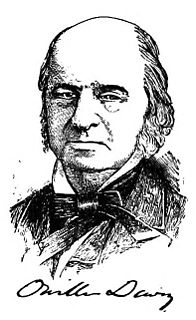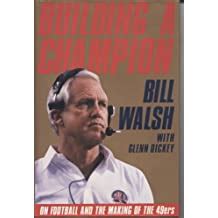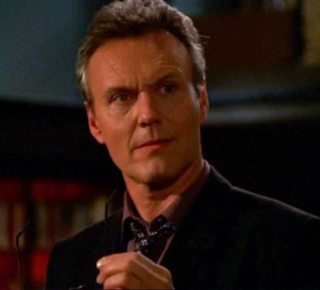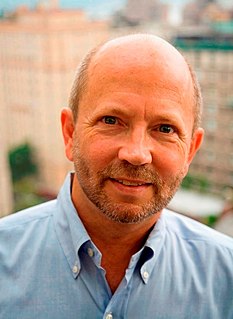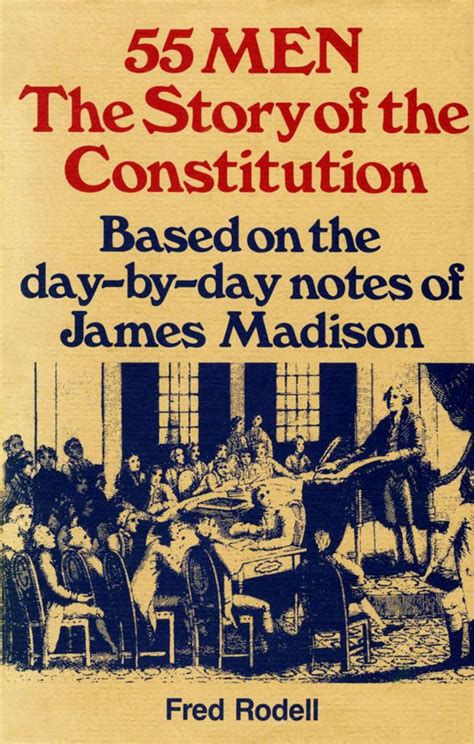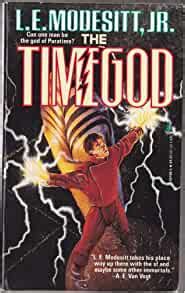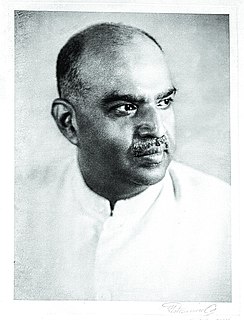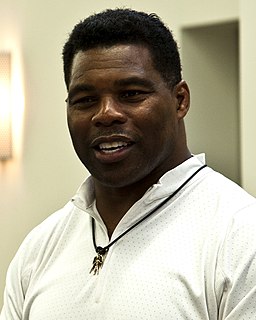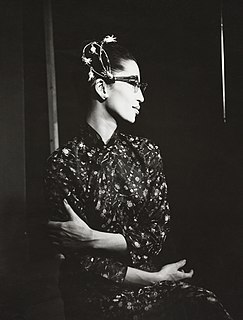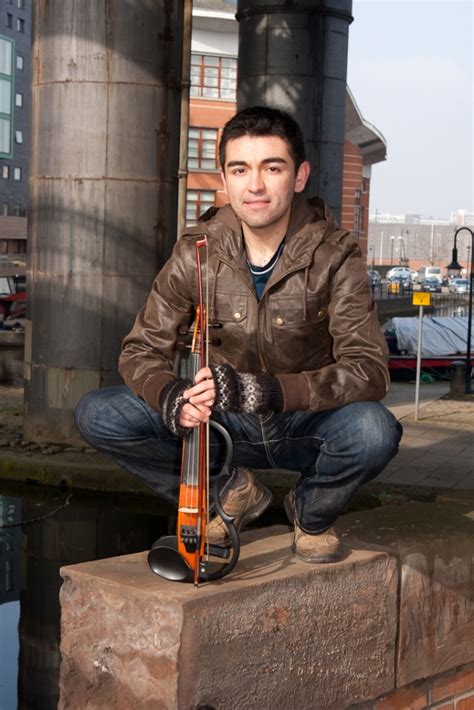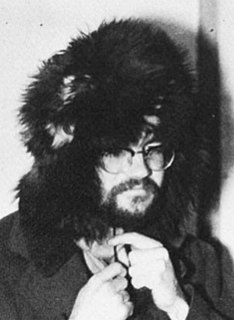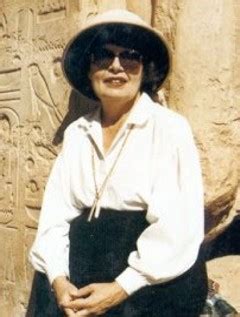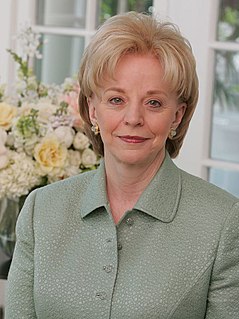Top 1200 Practical Knowledge Quotes & Sayings - Page 13
Explore popular Practical Knowledge quotes.
Last updated on April 21, 2025.
It is a mistake to think of these men as visionary dreamers, playing around at Philadelphia with abstract conceptions of political theory, pulling a whole scheme of government out of the air like a rabbit out of a hat. True, many of them had read and studied enough about the science of politics to put the average statesman of today to shame. But political science was to them an extremely practical topic of discussion, dealing with the extremely practical business of running a government--not, as today, a branch of higher learning reserved for the use of graduate students.
What we deplore is not that the gate of western knowledge was thrown open to Indians, but that such knowledge was imported to India at the sacrifice of our own cultural heritage. What was needed was a proper synthesis between the two systems and not neglect, far less destruction, of the Indian base.
Solving problems is a practical skill like, let us say, swimming. We acquire any practical skill by imitation and practice. Trying to swim, you imitate what other people do with their hands and feet to keep their heads above water, and, finally, you learn to swim by practicing swimming. Trying to solve problems, you have to observe and to imitate what other people do when solving problems, and, finally, you learn to do problems by doing them.
Well, part of it is a longstanding belief - it's been in our education establishment at least since the 1930s - that somehow children should be allowed to discover knowledge for themselves, that they should construct their own knowledge. This has surfaced most recently in connection with mathematics instruction, where the idea is that they need to discover how to add for themselves. Rather than being taught how to add, they should construct this knowledge on their own.


